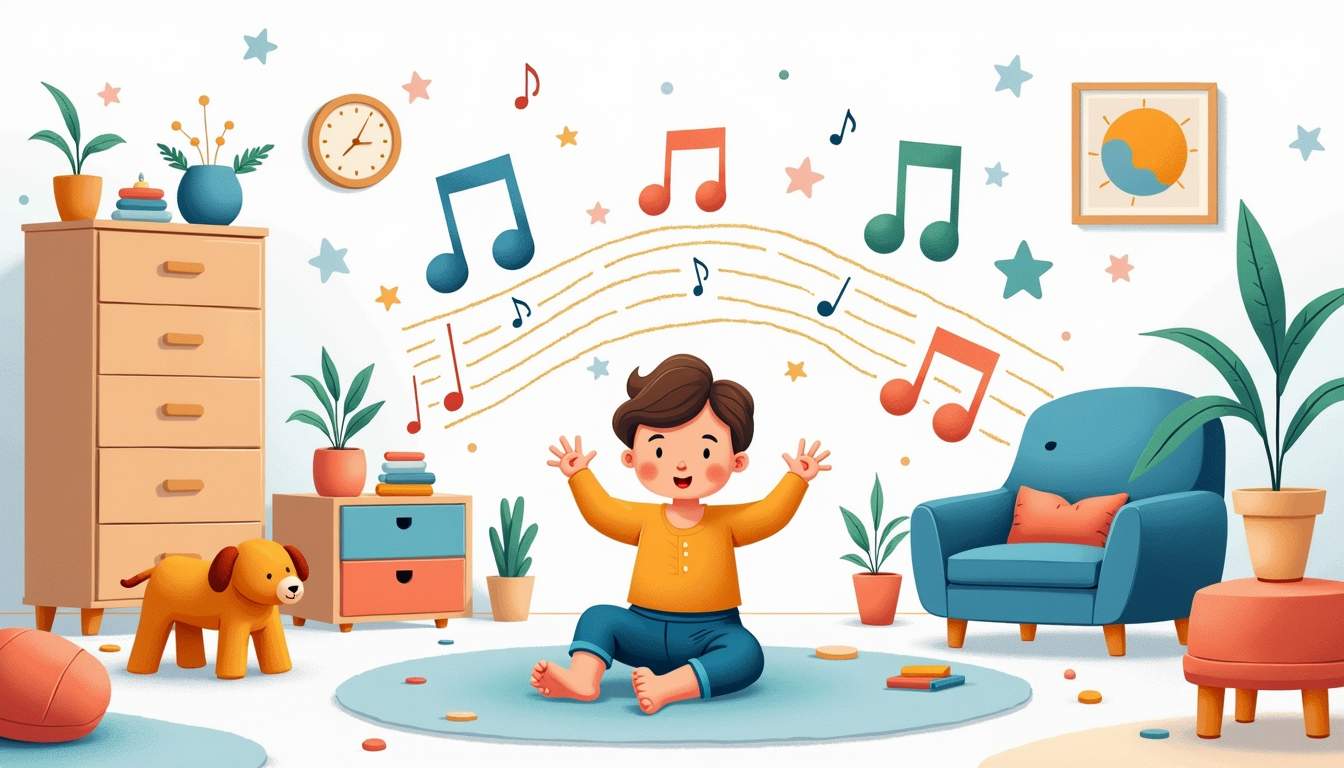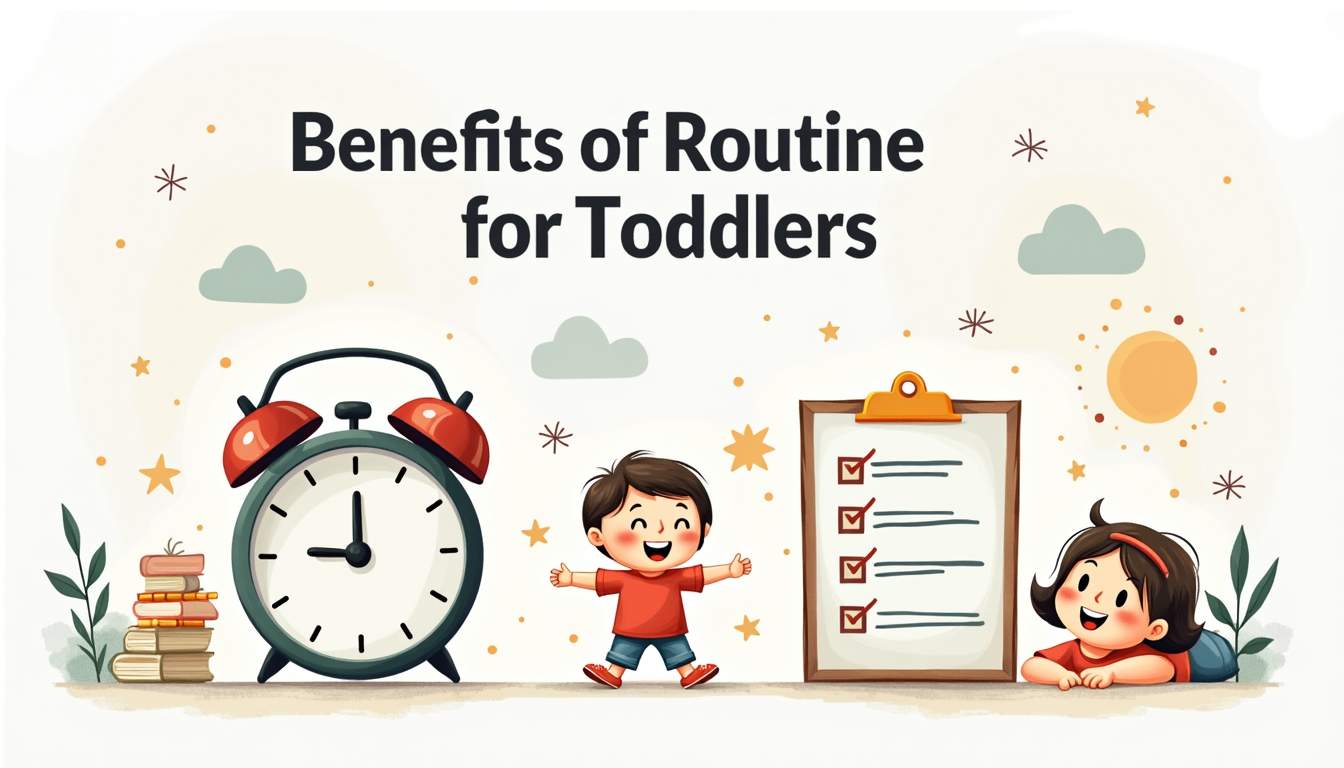Welcoming a newborn into your family is a joyous occasion, but it also comes with a multitude of responsibilities, especially regarding their health and well-being. One common concern for new parents is determining when it is safe for their newborn to interact with other children. This article will guide you through understanding newborn immunity, the importance of vaccinations, associated risks with early socialization, guidelines for introducing your newborn to other kids, and the role of pediatricians in this process.
Understanding Newborn Immunity
Newborns are born with certain immunities that help them navigate the early days of life. Understanding how their immune system works can help parents make informed decisions about social interactions. Immunity is primarily developed in the womb and bolstered by the environment after birth.

The Role of Maternal Antibodies
One of the significant ways in which newborns acquire immunity is through maternal antibodies. While pregnant, a mother passes immunoglobulin G (IgG) antibodies to her baby through the placenta. This process gives newborns temporary protection against infections and diseases that the mother has been exposed to.
These maternal antibodies provide a shield against certain pathogens for the first few months of life. However, their effectiveness wanes over time, making it crucial for parents to understand how to extend their newborn’s immunity through vaccinations and responsible socialization. Additionally, breastfeeding can further enhance this protective effect, as breast milk contains immunoglobulin A (IgA) and other immune-boosting components that help to fortify the infant’s developing immune system.
The Developing Immune System of a Newborn
In addition to receiving maternal antibodies, a newborn’s immune system is still developing. Initially, it relies heavily on passive immunity, but as the child grows, their immune system gradually begins to function independently. This development varies from child to child, affecting their vulnerability to infections.
During the first few months, a newborn’s immune cells learn to recognize and fight off external pathogens. This learning process is vital for their long-term health and immunity. As a result, caregivers need to monitor their newborn’s exposure to germs and illnesses in social situations. It’s also important to note that while some exposure to germs can help strengthen the immune system, excessive exposure to harmful pathogens can lead to illness. Therefore, finding a balance in social interactions, particularly during cold and flu season, is essential for safeguarding a newborn’s health.
Moreover, the environment plays a crucial role in shaping the immune responses of newborns. Factors such as the presence of pets, siblings, and even the types of foods introduced during weaning can influence the development of a robust immune system. Research suggests that early exposure to a diverse range of microbes can help train the immune system, potentially reducing the risk of allergies and autoimmune diseases later in life. Thus, understanding these dynamics can empower parents to create a nurturing environment that supports their child’s immune development while ensuring safety and health.

Risks Associated with Early Socialization
While socialization is crucial for development, introducing a newborn to other children too early can carry certain risks. Newborns have immature immune systems, so parents need to be aware of the potential hazards associated with early exposure to social environments.
Potential Health Risks
One of the most significant health risks to consider is the exposure to infectious diseases. Young children are often breeding grounds for germs, and many illnesses can spread easily during playdates or social gatherings. Viral infections such as RSV (Respiratory Syncytial Virus) can be particularly harmful to newborns.
Parents should always assess the health status of older children and their families before allowing interactions with their newborns to mitigate these risks. Additionally, it’s important to consider the seasonal prevalence of certain illnesses; for example, during flu season, the likelihood of exposure increases, making it prudent to limit social interactions. Parents might also want to ensure that older siblings and family members are up to date on their vaccinations, as this can provide an extra layer of protection for the vulnerable newborn.
Emotional and Psychological Considerations
In addition to physical health risks, early socialization can affect a newborn’s emotional and psychological development. Newborns may become overstimulated in social settings, leading to stress that could impact their well-being.
Parents should observe their child’s reactions to social situations and judge whether they feel comfortable and secure. It’s essential to strike a balance between social interaction and the nurturing environment that newborns need to thrive. Overexposure to social stimuli can lead to anxiety or irritability, which may hinder a child’s ability to form secure attachments. Furthermore, the presence of unfamiliar faces and sounds can overwhelm a newborn, making it crucial for parents to create a calm and predictable environment when introducing their baby to new social experiences. Gradually increasing exposure to social settings, while remaining attuned to the baby’s cues, can help foster a healthy social development without compromising their emotional security.
Guidelines for Introducing Your Newborn to Other Kids
Knowing when and how to introduce your newborn to other kids requires thoughtful planning. Several factors influence the ideal timing and approach.
Ideal Age for Socialization
Generally, it is advisable to wait until your newborn is at least two to three months old before introducing them to other children. By this age, most vaccinations have started, and newborns typically have some level of immunity develop.
However, the specific timelines may vary depending on individual circumstances. Consulting with your pediatrician can provide tailored recommendations based on your newborn’s health and developmental milestones.
Precautions to Take During Initial Interactions
When it’s time for your newborn to socialize, there are precautions that you can take to ensure their safety:
- Choose gatherings in well-ventilated areas.
- Limit the number of children present.
- Encourage hand hygiene among children before engaging with your newborn.
- Keep interactions brief and observe your baby’s reactions closely.
Implementing these precautions will help create a safer social experience for your newborn.
The Role of Pediatricians in Your Newborn’s Socialization
Pediatricians play a critical role in guiding parents through the process of socializing their newborns. Their expertise can help families navigate the complexities of health and development amid social interactions.

Regular Health Check-ups and Their Importance
Regular check-ups with a pediatrician ensure that your newborn is growing appropriately and responding well to vaccinations. These visits provide an excellent opportunity to discuss concerns about socialization and to stay updated on any health issues that may arise.
By maintaining open communication with your pediatrician, you can gain valuable insights into your newborn’s health status and receive advice tailored to your child’s needs.
Seeking Professional Advice for Safe Socialization
Consulting your pediatrician can also help clarify any uncertainties you may have regarding socialization. If your newborn has underlying health concerns or is at risk for certain illnesses, your pediatrician may recommend a delayed introduction to others or specific strategies to adopt during social events.
In summary, keeping your newborn safe while fostering their development involves a careful balance of understanding immunity, prioritizing vaccinations, acknowledging risks, setting guidelines for social interactions, and leveraging the expertise of healthcare providers. By following these recommendations, you can create a nurturing environment for your little one as they meet the world around them.











